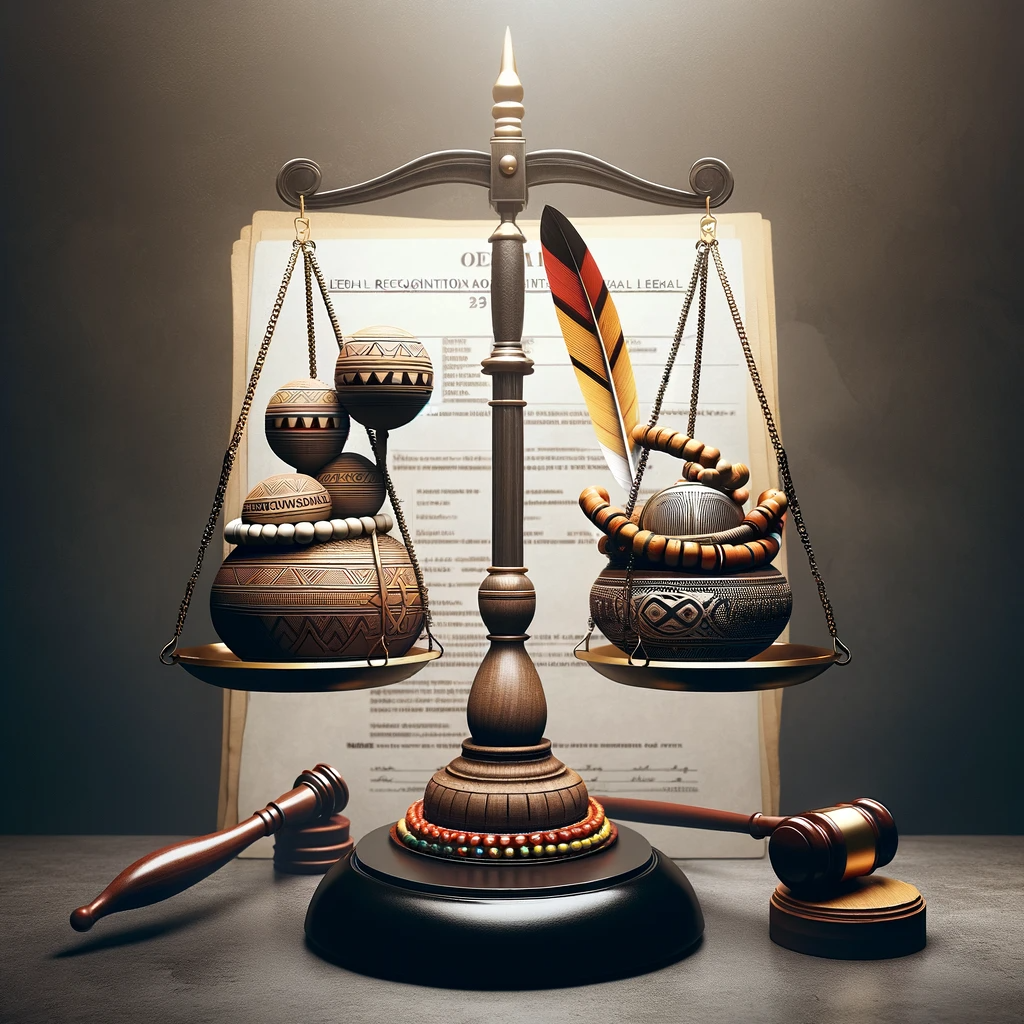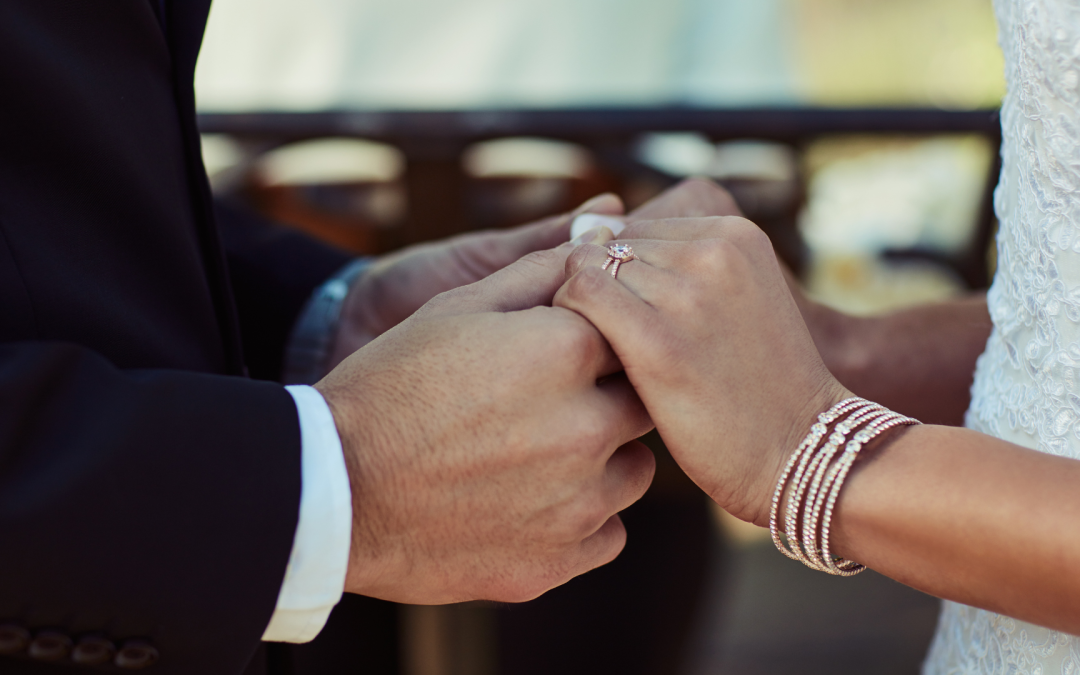Introduction
In the recent case of TPK v The Minister of Home Affairs (Case No: 052246/2023), the Pretoria High Court was presented with a poignant question: Can a customary marriage be registered posthumously, particularly when one spouse dies before the administrative act of registration? This case heard before KHWINANA AJ, sheds light on the intricacies of customary marriage registration under the Recognition of Customary Marriages Act 120 of 1998.
Background
TPK sought the court’s intervention for the posthumous registration of her customary marriage to the late NSM Despite fulfilling customary protocols in 1993, her attempt to register the union posthumously met with resistance, highlighting a legislative lacuna when one spouse dies before registration.
Legal Considerations
The Act recognizes customary marriages and stipulates the need for registration. However, it was silent on the effect of a spouse’s death before this registration. The court delved into the spirit of the Act, emphasizing the need to acknowledge and respect customary marriages equally to civil unions.
Court’s Reasoning and Order ([27]Judgment)
KHWINANA AJ underscored the purpose of the Act – to formalize and document existing valid marriages. The refusal to register the marriage due to the husband’s death was seen as punitive and against the Act’s objectives. The court ordered the Department of Home Affairs to:
Condone the late registration.
Register the marriage as valid.
Issue a marriage certificate within 30 days.
Pay the costs of the application.
Memorable Quote (Paragraph 26 of the Judgment)
“The law exists to serve and protect all its citizens equally, without any differentiation.”
FAQs
Q: What is the legal significance of registering a customary marriage posthumously?
A: Registering a customary marriage posthumously ensures legal recognition of the marriage, which is vital for matters like inheritance, custody of children, and other legal rights that depend on marital status.
Q: Can the death of a spouse invalidate a customary marriage?
A: No, the death of a spouse does not invalidate a customary marriage. As seen in this case, the court held that the subsequent death of a spouse should not bar the registration of an already valid customary marriage.
Q: What does the law say about the time frame for registering a customary marriage?
A: The Recognition of Customary Marriages Act requires customary marriages entered into before the Act’s commencement to be registered within 12 months or a longer period prescribed by the Minister. Marriages entered into after the Act must be registered within three months or a longer prescribed period.
Q: What are the implications of this case for similar future cases?
A: This case sets a precedent that posthumous registration of customary marriages is permissible and necessary for legal recognition, emphasizing the need to respect and protect customary practices within the legal framework.
Q: What steps should be taken if a customary marriage is not registered?
A: If a customary marriage is not registered, the parties involved, or any person with sufficient interest, should approach the registering officer to inquire into the existence of the marriage and follow the prescribed procedure for registration.












